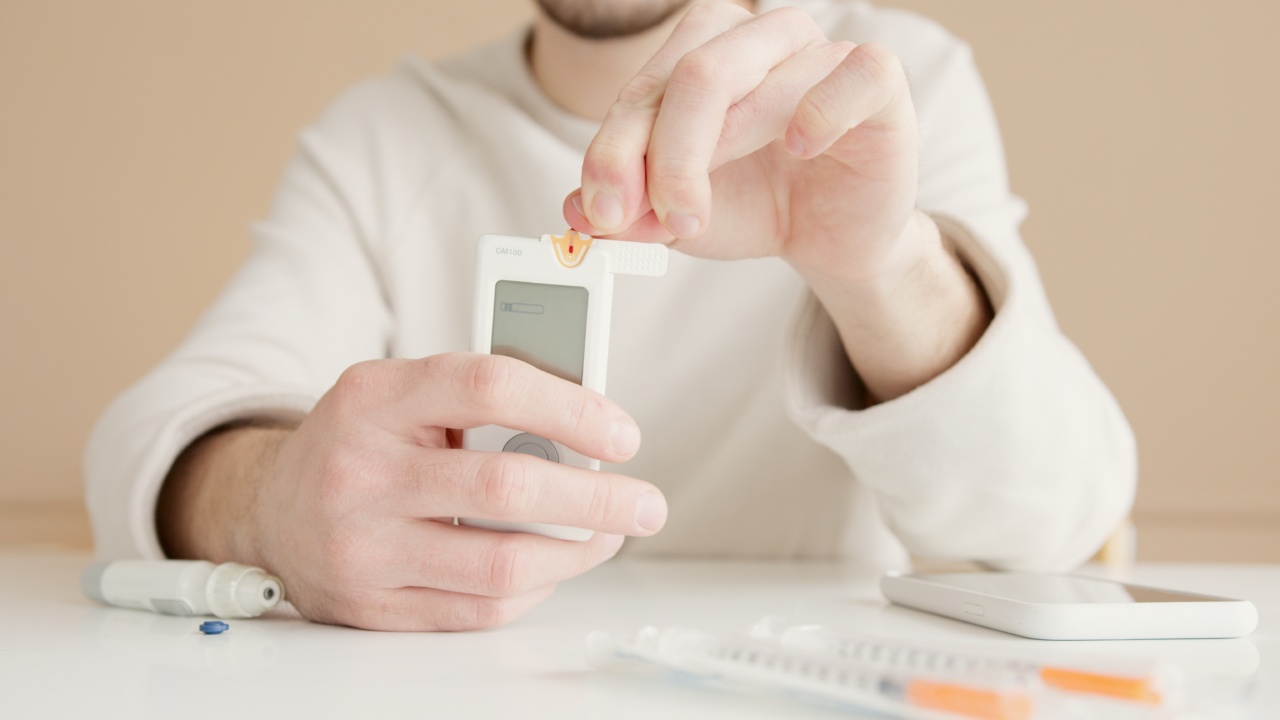Blood sugar testing during pregnancy is an essential part of prenatal care to monitor the risk of gestational diabetes. It is critical for the health of both the mom and the growing baby.
The right time to test blood sugar levels can vary depending on various factors, including the stage of pregnancy, the type of test, and other health conditions of the mom. Here, we will discuss the best time for blood sugar testing during pregnancy.
What is Gestational Diabetes?
Gestational diabetes is a condition that affects pregnant women, often during the second trimester. It occurs when a pregnant woman experiences high blood sugar levels that may affect the health of the developing baby.
This happens because the placenta produces specific hormones that increase insulin resistance in the body. The pancreas of the mom tries to make more insulin to compensate for the resistance, which can lead to high blood sugar levels.
Gestational diabetes may increase the risk of complications during pregnancy, such as preeclampsia, premature birth, and a high birth weight of the baby.
Why is Blood Sugar Testing Important During Pregnancy?
Blood sugar testing during pregnancy is critical for monitoring the health of the mom and the baby. High blood sugar levels can increase the risk of complications during pregnancy, including premature birth and a high birth weight of the baby.
It can also lead to the development of type 2 diabetes in the future. On the other hand, low blood sugar levels can lead to dizziness, fainting, and other complications. Regular monitoring of blood sugar levels can help identify any risks early and take necessary steps to manage them.
When Should Blood Sugar Testing Begin?
Blood sugar testing should begin as soon as possible after conception. Women who are at high risk of developing gestational diabetes should have their blood sugar levels tested during their first prenatal visit.
This includes women who have a family history of diabetes, are overweight, or have had gestational diabetes in a previous pregnancy. Women with average risk should have their blood sugar levels tested between 24 and 28 weeks of pregnancy.
What are the Different Types of Blood Sugar Tests During Pregnancy?
There are different types of blood sugar tests for monitoring gestational diabetes during pregnancy. These tests include:.
Glucose Screening Test
A glucose screening test, also known as a glucose challenge test, is usually conducted between 24 and 28 weeks of pregnancy. The test involves drinking a sweet drink composed of glucose, and one hour later, a blood sugar test is taken.
If the blood sugar levels are abnormal, a more extended glucose tolerance test is recommended.
Glucose Tolerance Test
The glucose tolerance test is used to confirm the diagnosis of gestational diabetes. The test involves fasting for eight to 12 hours, and then fasting blood sugar levels are tested. Next, you are asked to drink a sweet drink composed of glucose.
After that, blood sugar levels are measured at 1 hour, 2 hours, and 3 hours after consuming the drink. If the blood sugar levels are above normal, it is an indication of gestational diabetes.
Hemoglobin A1c Test
The Hemoglobin A1c test is used to determine the average blood sugar levels for the past two to three months. This test is conducted for women who have diabetes before pregnancy or have symptoms of diabetes during pregnancy.
It is not commonly used to diagnose gestational diabetes.
What is the Best Time to Test Blood Sugar Levels?
The best time to test blood sugar levels depends on various factors, including the type of test and other health conditions of the mom. Here are some general guidelines for when to test blood sugar levels during pregnancy:.
Before Eating
It is recommended to test blood sugar levels before eating, also known as the fasting blood sugar test. This test is usually conducted first thing in the morning after fasting for 8 hours.
The test helps to determine the baseline sugar levels in your bloodstream to help diagnose gestational diabetes.
After Eating
After eating, blood sugar levels rise as the body digests food. Post-meal testing is usually done one to two hours after eating.
This test helps to determine how your body processes sugar after a meal and can indicate whether gestational diabetes is developing.
Bedtime
A bedtime blood sugar test helps to determine whether your body is producing enough insulin to maintain stable blood sugar levels overnight. A healthy blood sugar range before bed is between 90 and 99 mg/dL.
How Often Should Blood Sugar Levels be Tested?
The frequency of blood sugar testing during pregnancy varies depending on various factors, including the severity of gestational diabetes, type of treatment, and health conditions of the mom and baby.
Typically, women with gestational diabetes should test their blood sugar levels at least four times a day: before each meal and before bedtime. After consulting with the healthcare provider, more frequent testing may be recommended.
Conclusion
Blood sugar testing plays a crucial role in prenatal care to monitor the risks of gestational diabetes during pregnancy.
The best time to test blood sugar levels may vary depending on various factors, including the type of test and health conditions of the mom. Timely diagnosis and management of gestational diabetes can reduce the risk of complications during pregnancy and protect the health of the mom and the baby.



























